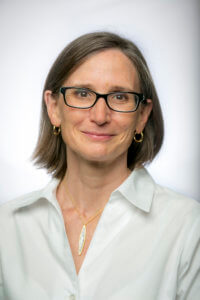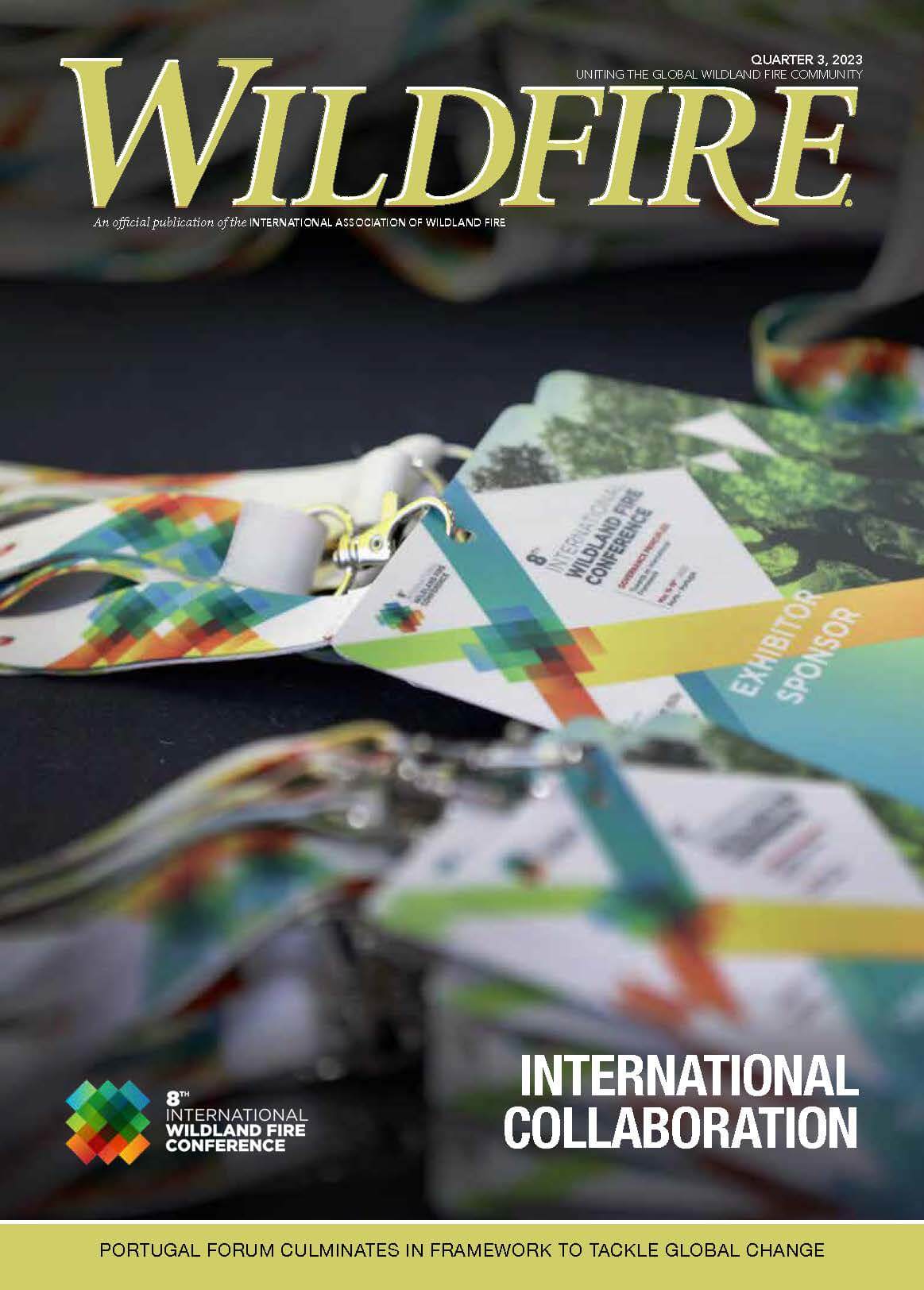
IAWF President’s Desk: Leading In Crisis
By Toddi Steelman
During this current generational crisis of historical proportions all of us are being called upon in ways unfamiliar to us. We are off the map, into areas where there are no reliable guides.
We have a public health crisis that requires us to be conversant in the physics of aerosols, virology, materials science and human psychology. COVID-19 has begotten a financial crisis that will have all of us feeling the pinch in our budgets, maybe facing layoffs, and certainly making difficult tradeoffs among our priorities. And the health and financial crises have sparked a global reckoning about racial inequities. The health and economic well-being disparities lay bare our collective failures to remedy the injustices of slavery, colonial pasts and structural forms of inequity that continue to haunt us.
And we are also seeing historically challenging fire seasons—if it is even appropriate to continue calling them seasons. Australia saw devastating bushfires in December and January. The American West is being challenged as never before.
This is a heavy load to carry. The temptation is to shut it out and shut ourselves down. But now is the time to lean into situations and be there for whomever needs us now.
The IAWF community is comprised of leaders of all sorts—within your communities, at your workplace, in your volunteer activities. I suspect that most of us got into our current positions because of our love for fire or natural resources or being outdoors—something likely unconnected to the current health, financial and racial crises that have commanded so much of our attention. And yet, it is essential that each one of us be conversant to some degree in these cumulative crises if we want to be effective in our day to day jobs.
In my experience, leadership is most effective when it leverages the authority of the position with needs of the people under our management, administration or command. These two elements are brought together most effectively through listening, dialogue, collaboration and mutual understanding. Usually, this in the context of wild or prescribed fire, preparedness, response, or recovery. But these days our attention needs to cast a much wider net to be effective. In short, we need to move beyond the professional into the personal and allow ourselves to be a bit more fully human.
These current crises require a kind of leadership borne of listening to the heartfelt pain of others, absorbing the stories and messages bestowed upon us, learning about our own ignorance, humbling ourselves to our own inadequacies given the greatness of need, and transforming these experiences into commitment and action to do better and serve where we can.
Embracing this posture, I am learning a lot from those around me. Everyone is very stressed given current conditions. Mental health is more fragile. People are wrestling with educating children at home. They are caring for elderly parents or other relatives. Many are worried about family and friends who have compromised immune systems or other underlying medical disorders. So many more are struggling with fear, anxiety, and depression related to the cumulative uncertainties we face. Our employees want us to be a workplace they can be proud of when it comes to responding to the current racial equity crisis. People are feeling lonely and isolated. They are stressed about money and wondering if they will continue to have a job given financial uncertainties.
None of this is usual. None of this is typical. So, it means we cannot operate as if it were a normal or typical year. And that means adapting to our current conditions and not pretending we can operate as business as usual. In my day to day life, that has meant asking everyone to do a little less so they have the bandwidth to manage the inevitable uncertainties that will continue to arise. Importantly, while I am asking people to do less, I am asking them to do whatever they are doing to do it well.
The only way out of these cumulative crises is through them. Wherever you are and whatever you are managing, I want to send out a message of solidarity. We are all off the map together.
TODDI STEELMAN is president of the International Association of Wildland Fire and Stanback Dean of the Nicholas School of the Environment at Duke University, North Carolina, USA
